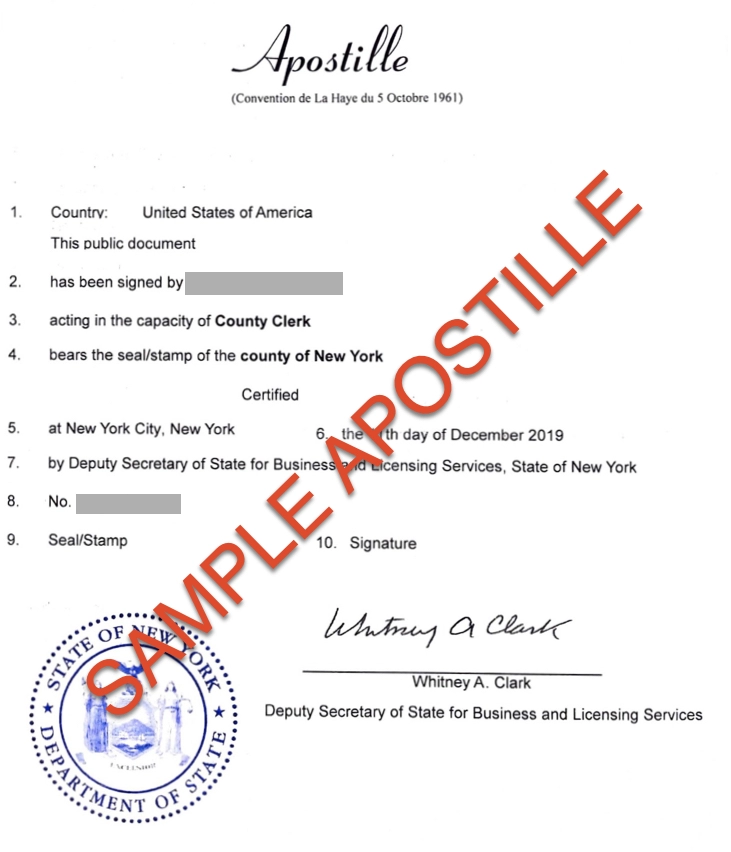Apostille Providers in Houston: Simplify Your Paper Legalization
Apostille Providers in Houston: Simplify Your Paper Legalization
Blog Article
Revealing the Essential Role of Apostille in Simplifying International Record Recognition Processes
In the realm of worldwide events, the validation of papers holds paramount significance. By fastening an apostille to a file, it undertakes a simplified validation that is identified throughout various countries, hence relieving the worries associated with cross-border paper verification.
Understanding Apostille Fundamentals
In the realm of document recognition for global usage, comprehending the essential principles of apostille authentication is essential. An apostille is a specialized certificate that validates the credibility of a paper for use in foreign nations that are component of the Hague Apostille Convention.
Apostilles are typically issued for vital documents such as birth certifications, marriage certifications, and scholastic transcripts. The key parts of an apostille consist of the name of the country where it was released, the name of the individual signing the document, the ability in which the person authorized the paper, the seal or stamp of the providing authority, and the date of issuance. By recognizing these essential aspects of apostille verification, organizations and individuals can browse the complexities of global paper validation with self-confidence and efficiency.
Advantages of Apostille for Validation

In addition, the apostille streamlines the verification procedure by supplying a standardized certification that validates the credibility of the document, such as birth certifications, marriage licenses, notarized actions, and academic transcripts. This standard format minimizes the risk of being rejected as a result of unfamiliarity with international records, therefore boosting the efficiency of cross-border deals.
In addition, the apostille helps in getting rid of the demand for multiple layers of verification by federal government authorities, as the apostille itself represents the paper's validity. This not only speeds up the record validation process yet also minimizes the linked costs and administrative difficulties, making it a practical and economical remedy for services and people participating in international tasks.
Simplifying Cross-Border Document Verification
Promoting the validation of files throughout worldwide borders, the apostille process acts as a structured and universally recognized technique for validating various kinds of official paperwork. Simplifying cross-border paper verification, the apostille gets rid of the demand for frequently challenging and prolonged validation procedures typically required when offering records in international countries. By attaching an apostille to a file, the issuing nation licenses the authenticity of the file, making it readily appropriate in various other countries that belong to the Hague Apostille Convention. This standard procedure substantially decreases the time and initiative associated with confirming the legitimacy of main documents, promoting performance and convenience of worldwide transactions.
Additionally, the apostille system enhances the safety and security and reliability of cross-border paper recognition by supplying a transparent and worldwide accepted system for confirming the credibility of documents. This simplification of authentication refines not only advantages individuals and organizations seeking to run internationally however additionally fosters smoother interaction and collaboration in between nations by making sure the reliability of shared documents.
Significance of Apostille in Legalisation

Apostille guarantees that legal papers such as birth certifications, marital relationship certificates, powers of attorney, and court documents are acknowledged and approved in international territories. This is specifically important in legal matters such as worldwide adoptions, immigration processes, or company deals that include celebrations from different countries. The apostille more process decreases the bureaucratic obstacles and lengthy procedures normally related to document legalisation, making worldwide deals much more efficient and legally binding. In conclusion, the relevance of apostille in the legalisation of worldwide files can not be overstated, as it facilitates smooth cross-border communications and makes sure the credibility and credibility of lawful documentation.
Apostille Vs. Typical Validation Approaches
Contrasting apostille with conventional validation methods reveals unique differences in the effectiveness and simpleness of record verification processes for worldwide usage. Apostille, as a standardized and structured technique established by the Hague Convention, supplies a much more straightforward technique to verifying documents contrasted to conventional approaches. Traditional validation procedures typically entail multiple steps, consisting of registration, certification by federal government authorities, and consular legalisation, which can be time-consuming and troublesome.
Apostille, on the other hand, simplifies this process by accrediting records with a single apostille certificate provided by a skilled authority in the country where the paper stems (Houston TX Apostille). This certification is recognized by all participant countries of the Hague Convention, getting rid of the demand for more consular office legalization. Because of this, apostille considerably lowers the moment and effort needed for record recognition, making it a preferred choice for organizations and individuals associated with global purchases
Conclusion
In verdict, apostille plays a critical function in streamlining global document recognition processes by supplying a standardized technique of verification that anchor is recognized throughout participating nations. By simplifying the legalisation process, apostille removes the requirement for several layers of recognition, minimizing time and expenses connected with cross-border paper authentication. This reliable system benefits people and organizations looking for to make use of foreign records for lawful objectives, making certain smoother worldwide purchases.
By affixing an apostille to a paper, it goes through a simplified validation that is acknowledged throughout countless nations, thus alleviating the worries associated with cross-border file verification. Simplifying cross-border file authentication, the apostille removes the requirement for usually complicated and lengthy validation procedures generally needed when providing papers in international nations. By attaching an apostille to a record, the issuing country accredits the credibility of the document, making it readily acceptable in other nations that are component of the Hague Apostille Convention. By fastening an apostille to a record, the releasing nation accredits the credibility of the signature, seal, or stamp on the document, making it valid for usage in another participant nation of the Hague Apostille Convention without the requirement for additional legalization.

Report this page